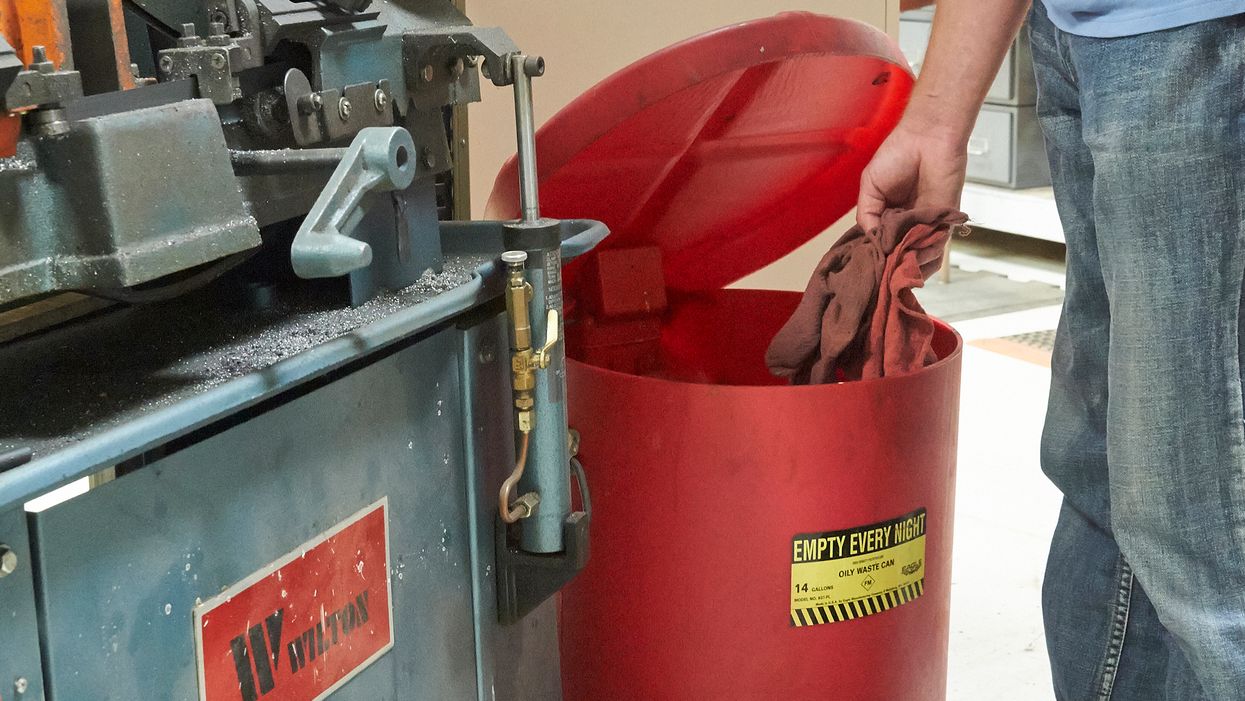FMLA: When the law says ‘no’ to second opinions and recertifications
Most employers familiar with the federal Family and Medical Leave Act (FMLA) know that, as part of their response to employees who put them on notice of the need for leave, they may require a medical certification (except for bonding).
Employers also know they may ask employees for a second (and third) opinion and recertification, but not in every situation.
Second opinions
If employers doubt the validity of an initial certification, they may require the employee to get a second opinion. If, for example, an employee added a medical condition that the doctor didn’t list or altered the certification details provided by the doctor, that could warrant a second opinion.
Employers should document the reasons they’re questioning an initial certification before asking for a second opinion, which employers must pay for.
Second opinion requests are restricted to situations involving an employee’s or a family member’s serious health condition. Employers may not ask for second opinions when employees take leave for:
- Qualifying military exigencies
- Military caregiver
Employers also may not ask for second or third opinions on a fitness-for-duty certification. Employers use these to ensure employees are physically and mentally able to return to their job tasks.
When employees request leave for the first time in a new 12-month leave year period, employers may request a new initial certification, which resets the option of asking for a second opinion.
Recertifications
Employers may request recertifications now and then, but there are limits. Similar to second opinions, employers may not ask for recertifications when employees take leave for:
- Qualifying military exigencies
- Military caregiver
They also may not ask for a recertification on second and third opinions.
Key to remember: Employers may not ask for second opinions or recertifications in all situations.























































